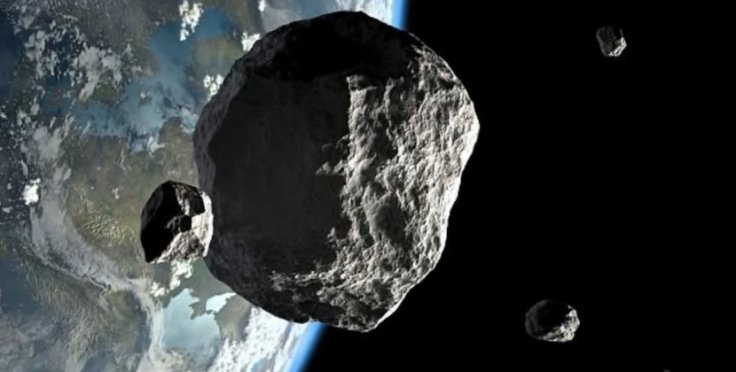
Professor Alvi Loeb, the head of astronomy at Harvard University has revealed that apocalypse triggered by an asteroid collision is inevitable. The top scientist also added that the humankind will not survive this killer asteroid collision. Alvi Loeb made these remarks while talking exclusively to Express.co.uk.
"I do think that we will have the technology to deflect those rocks and that we should think about it. Because we know that the dinosaurs died, were extinct, as a result of the impact of this type. And it's inevitable - there would be an impact. We don't know exactly when. It could take 100 million years. But it will happen," said Alvi Loeb.
It should be noted that the remarks from Alvi Loeb came at a time when NASA is planning to test its planetary defence weapon. This mission from NASA is being named 'Double Asteroid Redirection Test', and it is expected to launch in the next couple of years. Interestingly, the style of executing this project seems very similar to the plot of sci-fi movies. In this mission, NASA will try to deflect an asteroid from its original trajectory, and experts believe that this same method can be used to protect the earth when doomsday asteroid approaches the planet.
"A big enough impact that could make the entire earth go through a very harmful state, like nuclear winter, that we would not survive," added Alvi Loeb.
Alvi Loeb has been a controversial figure among space experts since the day he proposed a theory about the origin of extraterrestrial visitor Oumuamua. In a study report released last year, Alvi Loeb suggested that Oumuamua could be actually an alien probe. As per Loeb, the sudden gain of speed and the weird trajectory of Oumuamua indicate that this space body has actually an artificial origin. However, experts dismissed these claims stating that the sudden change in speed is due to a phenomenon named outgassing.









